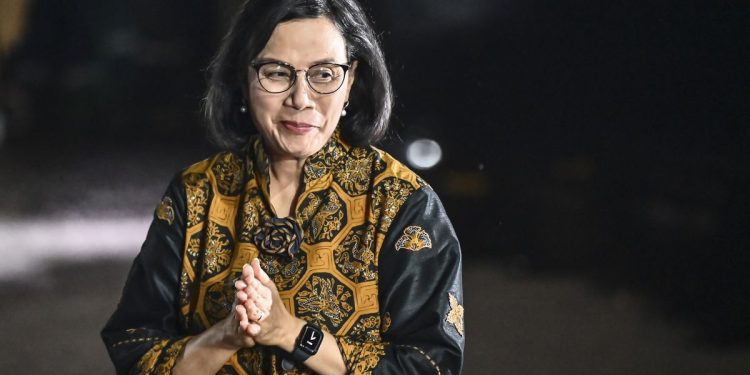Jakarta, Indonesia Sentinel — Starting January 1, 2025, Indonesia will enforce a 12% Value-Added Tax (VAT) on luxury goods, as outlined in the Ministry of Finance Regulation (PMK) No. 15/2023. This move marks a significant policy shift aimed at boosting state revenue and promoting tax fairness. The following breakdown provides insight into the policy’s impact and practical application for consumers and businesses.
Luxury Goods Subject to 12% Indoensia VAT
The regulation outlines several categories of luxury goods that will be taxed at the new 12% VAT rate, including:
- Luxury Housing: Properties such as high-end houses, apartments, condominiums, and townhouses valued at or above IDR 30 billion (approximately USD 1.9 million).
- Aircraft Without Engines: Items like dirigibles, balloons, and other unmanned aerial vehicles.
- Firearms and Ammunition: Including bullets and firearms, unless used for state purposes.
- Powered Aircraft: Helicopters and planes, excluding those for state use or commercial aviation.
- Luxury Watercraft: Yachts, cruise ships, and similar vessels, unless used for public transportation or state operations.
How to Calculate Indonesia VAT for Luxury Goods
To illustrate, consider a luxury house priced at IDR 30 billion:
- Base Price: IDR 30,000,000,000
- VAT (12%): IDR 3,600,000,000
- Total Price: IDR 33,600,000,000
Luxury items may also be subject to additional taxes, such as Luxury Goods Sales Tax (PPnBM), which ranges from 20% to 75% depending on the item.
For comparison, non-luxury goods are taxed differently. For example, an item priced at IDR 1,000,000 would have its VAT calculated as follows:
- Tax Base: 11/12 × IDR 1,000,000 = IDR 916,666.67
- VAT (12%): IDR 110,000
- Total Price: IDR 1,110,000
Economic and Social Implications of Indonesia VAT
The 12% VAT on luxury goods is part of Indonesia’s broader tax reform efforts. It seeks to increase state revenue while ensuring wealthier individuals contribute more to public finances. However, this policy could impact consumer spending on luxury items and force businesses to adapt their pricing and marketing strategies.
For businesses, understanding these new regulations is crucial for compliance and operational planning. Meanwhile, consumers aiming to purchase high-value items must account for higher final costs due to VAT.
Goods and Services Exempt from 12% VAT
Essential goods and services remain exempt or are subject to a 0% VAT rate. These include:
- Basic necessities like rice, sugar, eggs, and fish.
- Public services, such as education, healthcare, and public transportation.
- Financial services and general housing rentals.
These exemptions aim to prevent an undue burden on low- and middle-income households, aligning with the government’s goal of equitable taxation.
Government Confirms 12% VAT Exempt Essential Goods and Services in Indonesia, Heres the List
Global Context and Investor Perspectives
Indonesia’s move mirrors global trends where governments are leveraging consumption taxes to enhance state revenues. The policy signals Indonesia’s intent to create a fairer tax environment, potentially boosting investor confidence in the country’s fiscal management.
For American audiences, this policy provides insight into Indonesia’s economic reforms, offering opportunities to evaluate the country’s evolving luxury market dynamics.
(Becky)


























